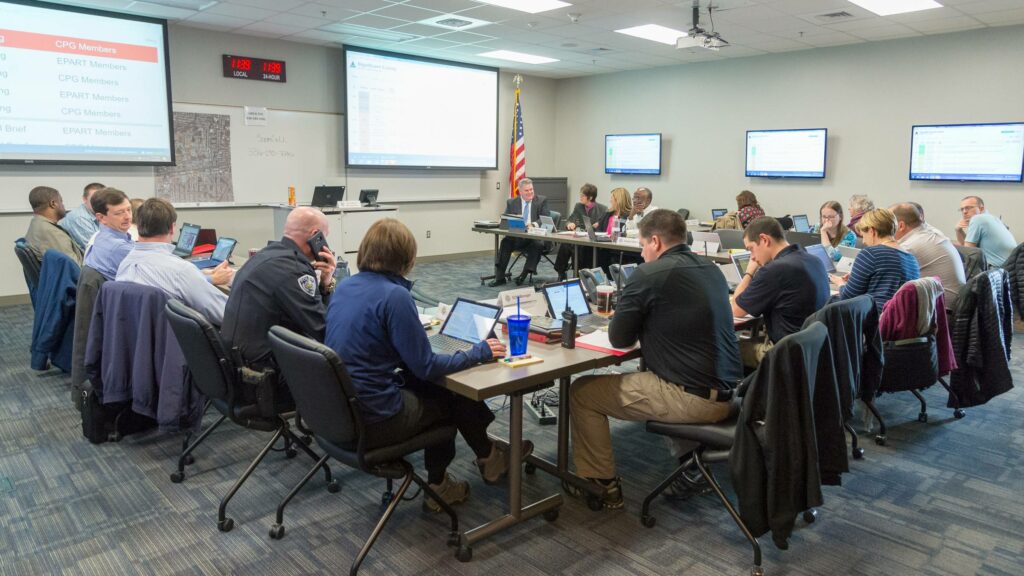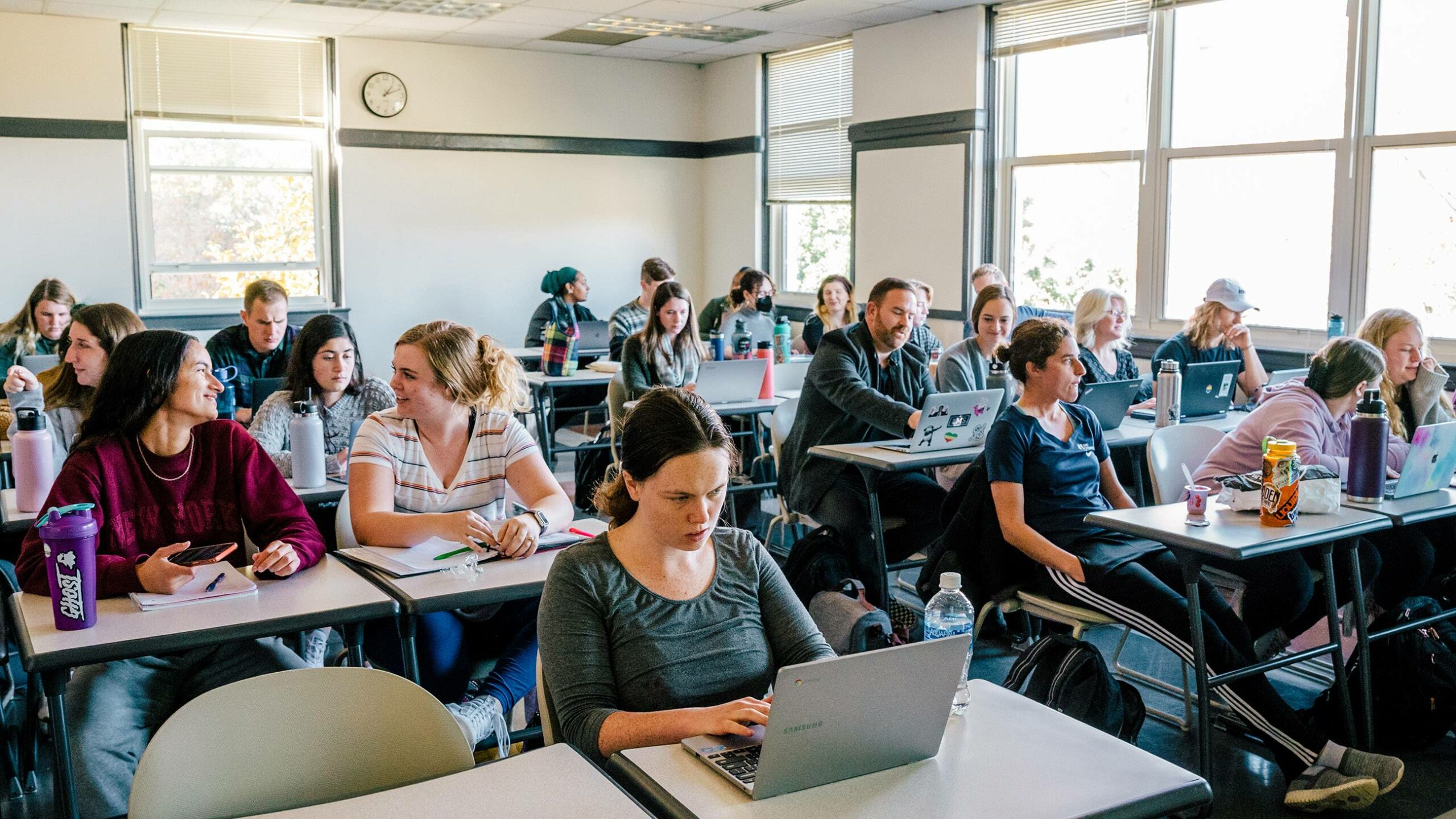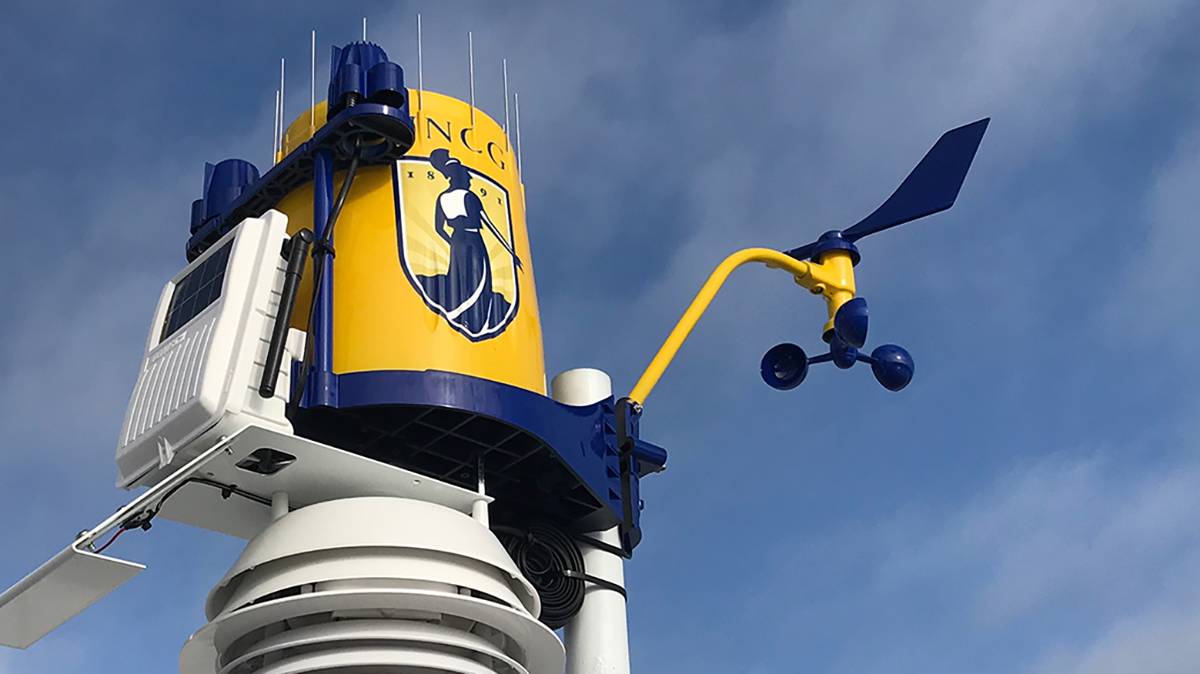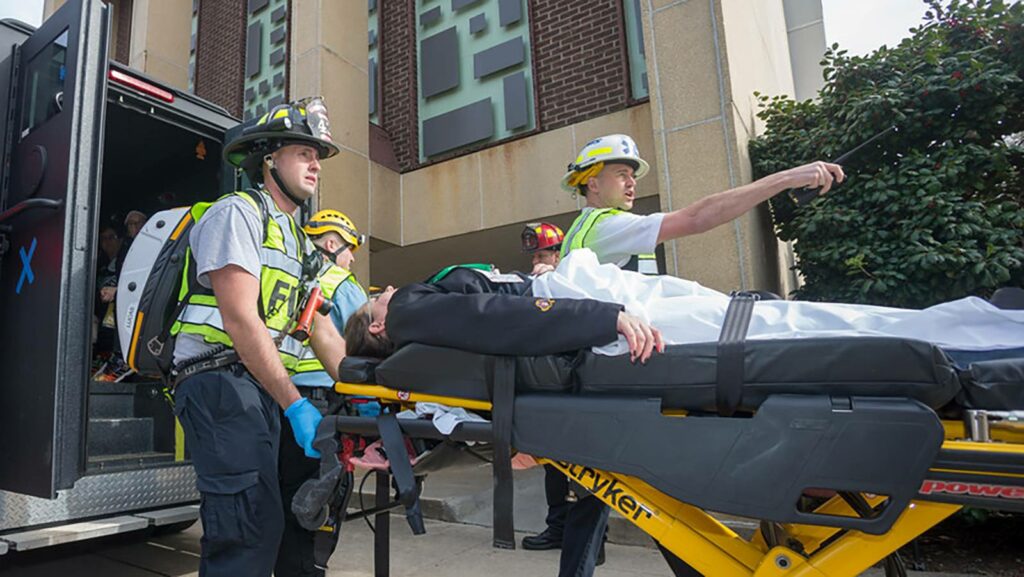Programs
About
The UNCG Office of Emergency Management provides a multitude of programs to support the University’s Emergency Management Program. To learn more about some of the programs offered, scroll through the sections below.
Crisis Communications
The Office of Emergency Management works closely with the UNCG Police Department and University Communications to ensure appropriate communications are sent during times of crisis. The University maintains a crisis communications processes and procedures to effectively communicate with stakeholders. To do so, the University maintains an emergency notification system (ENS) that uses multiple mediums of communication. The ENS is tested biannually, at the beginning of the fall and spring semesters. To learn more about the ENS, visit the Spartan Safe website.
Incident/Event Response

The Office of Emergency Management responds to emergencies and large-scale events on campus to support the incident commander with incident/event coordination and logistical support. When an incident/event grows in scope, the Office of Emergency Management will activate the University’s Emergency Operations Center (EOC) and staff the center with Emergency Planning and Response Team (EPART) members appropriate for the response. The EPART is authorized to staff the EOC and to exercise operational decision-making authority for their business unit during an emergency. The EPART has the authority to assign university resources, make operational decisions and coordinate with external emergency support agencies to provide the most efficient response and recovery possible.

Public Education
Each semester, a variety of presentations and workshops are offered that provide information on various topics related to emergency preparedness. These include discussion-based and hands-on workshops. Presentations are offered both on general emergency preparedness and special topics such as severe weather.
Below is a list of presentations and workshops we currently offer. Please visit the UNCG Human Resources Workshop page for currently scheduled presentations and workshops. If you would like to arrange a presentation, please contact our office directly by email at [email protected] or by phone at 336.256.8632.

Weatherstem
The Office of Emergency Management partnered with Florida-based company WeatherSTEM to install the university’s first publicly-accessible weather station on the roof of the Police Department building in Greensboro, NC.
The WeatherSTEM station uses a combination of weather instruments, agricultural probes, and other sensors to take environmental measurements every minute. It also includes a sky camera that is mounted on the roof of the Library, facing southwest toward the UNCG water tower. The camera provides a live glimpse of campus as well as daily time-lapse videos.
Anyone with internet access can visit the UNCG WeatherSTEM station page to view real-time weather conditions including humidity, temperature, and rainfall. User can also exporting data collected by the unit. The information is also available via the WeatherSTEM mobile app and social media accounts.
Users who create a personal WeatherSTEM account are able to set-up custom weather notifications based on their interests. Alerts can be automatically pushed to cell phones, email addresses, and social media profiles, and ultimately help users become more aware of daily local conditions.
WeatherSTEM also provides an online library of educational materials that use live information from the weather unit to create and deliver interactive learning.
Training and Exercises
The Office of Emergency Management maintains an all-hazards training and exercise program for individuals and business units that have a role in the University’s Emergency Operations Plan and other emergency management plans. Utilizing the Emergency Management Program’s Multi-Year Training and Exercise Plan, the Office of Emergency Management conducts training sessions and exercises based on the identified needs of the University. Training sessions that are conducted regularly are:
- VEOCI User Training
- Emergency Operations Center (EOC) Training

The OEM also conducts exercises regularly to test emergency plans, processes, and procedures. Exercises that are conducted regularly are:
- Annual tabletop exercise on a hazard identified in the University’s hazard identification and risk analysis
- Biannual VEOCI functional exercises
- Biannual functional EOC exercises
- Biannual emergency notification system functional exercises
- A full-scale exercise every three years